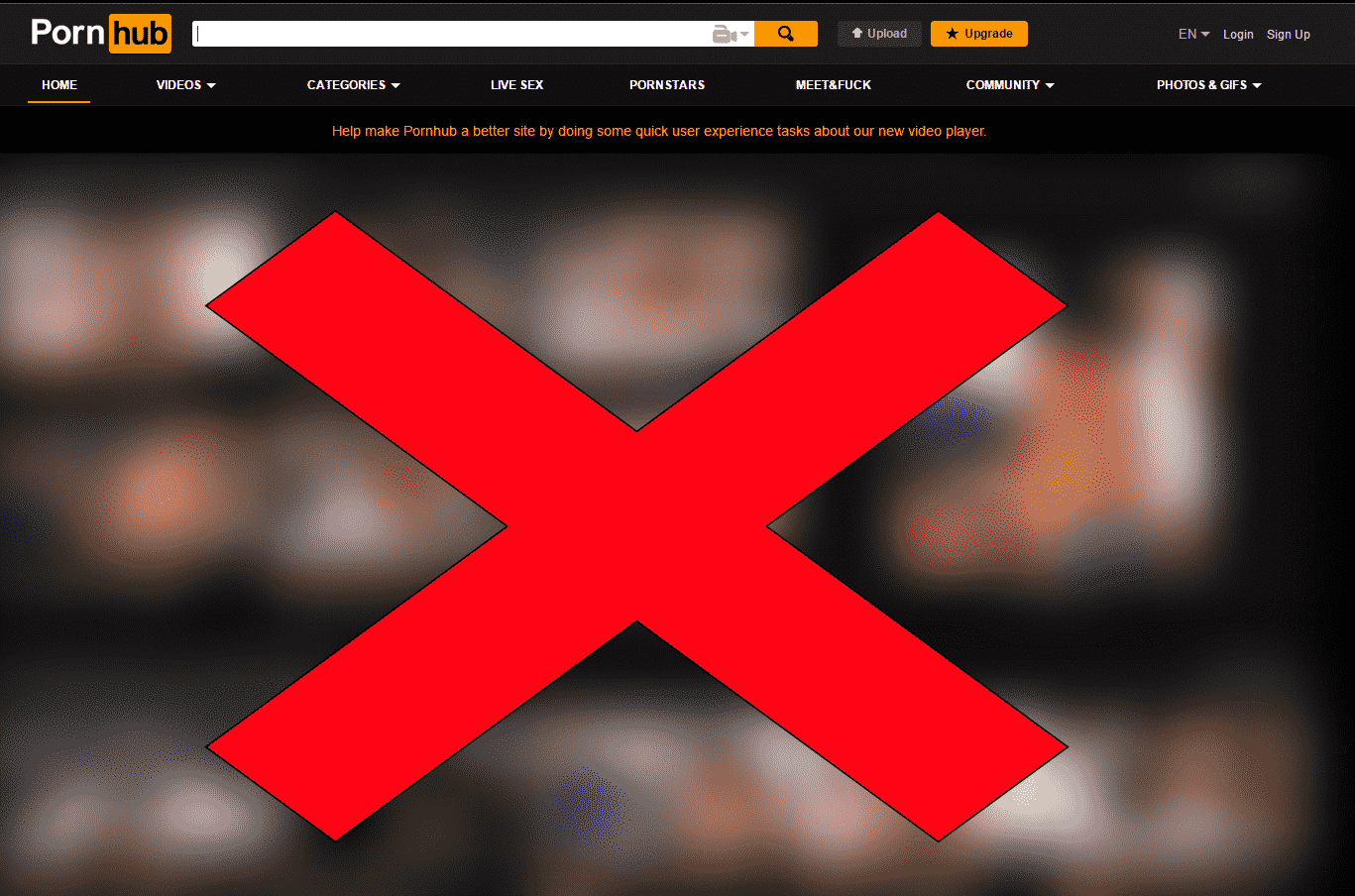
Last week, and by no means for the first time, we were slapped with another unwelcome reminder of the incoming rules around online porn, set to come into force in the UK next April. In short, they’ll put more robust age gates in place with the aim of making it harder for anyone below legal age to access adult content.
And in theory, that’s a fine thing at its core. But as we’ve already stated more than once, it won’t work for a variety of different reasons.
Nonetheless, that’s not a fact that’s stopping Christina Patterson willing your privacy away in The Guardian. Patterson’s, very basic, point is that by requiring credit card gates, some adults might also think twice about watching porn online if there’s more chance it’ll be listed on a card statement somewhere.
“Oh, and users may be asked to give credit card details, and perhaps even be charged a small fee. A fee that might appear on a bank statement that might, for example, be seen by your wife. These things will be for a regulator to decide, but the thing is this: your porn habit will now have what tech companies like to call a bigger ‘footprint’, and one that might well make some users think twice,” she wrote.
Putting aside the fact that many, many other sites will get caught up in wide-ranging, imprecise rules (Twitter, for example. Are the rules going to apply to accessing explicit content shared there? Does the service really face any likelihood of suspension in the UK for not adding mandatory credit card verification?) how can anyone think that the creation of a ‘porn database’ that tracks exactly who looks at what can be a good thing?
Are high-profile breaches like Ashley Madison and FriendFinder Networks, which in the former instance resulted in several people taking their own life, not a good enough reminder of what can happen when huge databases of personal data are created around adult content? Deliberately creating yet more tempting targets for hackers filled with personal information doesn’t seem like the best idea.
Circumvent Big Tech's Censorship! Never miss another post!
Subscribe to our notifications!
Article continues below
Porn is cheating?
“Porn warps. I’m sorry if you love it, and find it spices up your sex life, but the evidence is there. Last year, Pornhub had 23bn visits. Which would be fine if all those videos were of men and women having a lovely time. They are not,” Patterson writes. The “evidence” cited is a link to an article on Fight The New Drug, which while discussing porn search terms , makes blanket statements like:
“It’s important to note that watching porn within itself can be considered cheating. Choosing to share your sexuality with a screen over your partner isn’t the sign of a connected relationship.”
And,
“The allure of ‘barely legal’ girls and even underaged minors is one of the biggest draws of the porn industry. This massive porn category is dedicated entirely to girls who look (and may very well be for all we know) younger than 18 years old.”
Given the Title 18, Section 2257 requirements for adult film producers, and the potential of facing criminal and civil prosecutions if these rules aren’t adhered to, it’s a claim that many involved in the industry would contest vocally. In fact, the entire article appears to be based on Pornhub’s most popular search terms.
No one is arguing that content that could promote rape, sexual assault, incest or other harmful/illegal acts should be available – and that’s why there are laws against that already – but putting all adult material under the umbrella of ‘porn’ and saying it’s terrible for humanity doesn’t make sense either. Forcing disclosures to spouses that would otherwise not have been made isn’t the job of the government, and nor does it achieve the stated reasons for the rules.
Porn, eroding society since 27BC
“It’s possible, of course, that people watch this stuff and remain loving partners and pillars of society. It’s more likely that they don’t. I’ve interviewed a number of men whose porn addiction, and sexting habits, have lost them their marriage, their jobs and their homes,” Patterson says, unable to see the logical failure underpinning the entire piece: why hasn’t the world gone to hell already when porn has been around since at least the Roman Empire.
Of course, it’s because of this moral and societal erosion, that Brits should welcome yet another invasion of their privacy. Yet another way that their private data will be collected, mined and processed. It’s to protect the children though, remember? Not to create a massive database of ‘porn users’ via opt-in requirements put on ISPs, and redefine what is acceptable to watch, which the UN’s free speech expert says may violate human rights laws? OK then.
Obviously, as a site that discusses sex and technology, SEXTECHGUIDE.COM has its own interest in the topic. For example, will we, despite offering no explicit or pornographic content, need to comply with the new regulations? Would we still need to if we didn’t provide links to the sources of articles, which also often happen to be adult-rated sites?
We’ll find out come April 2018, with the final line of Patterson’s well-meaning but misguided article ringing in our ears: “I can’t wait for the day when we’re all a little bit less free.”
Speak for yourself.






